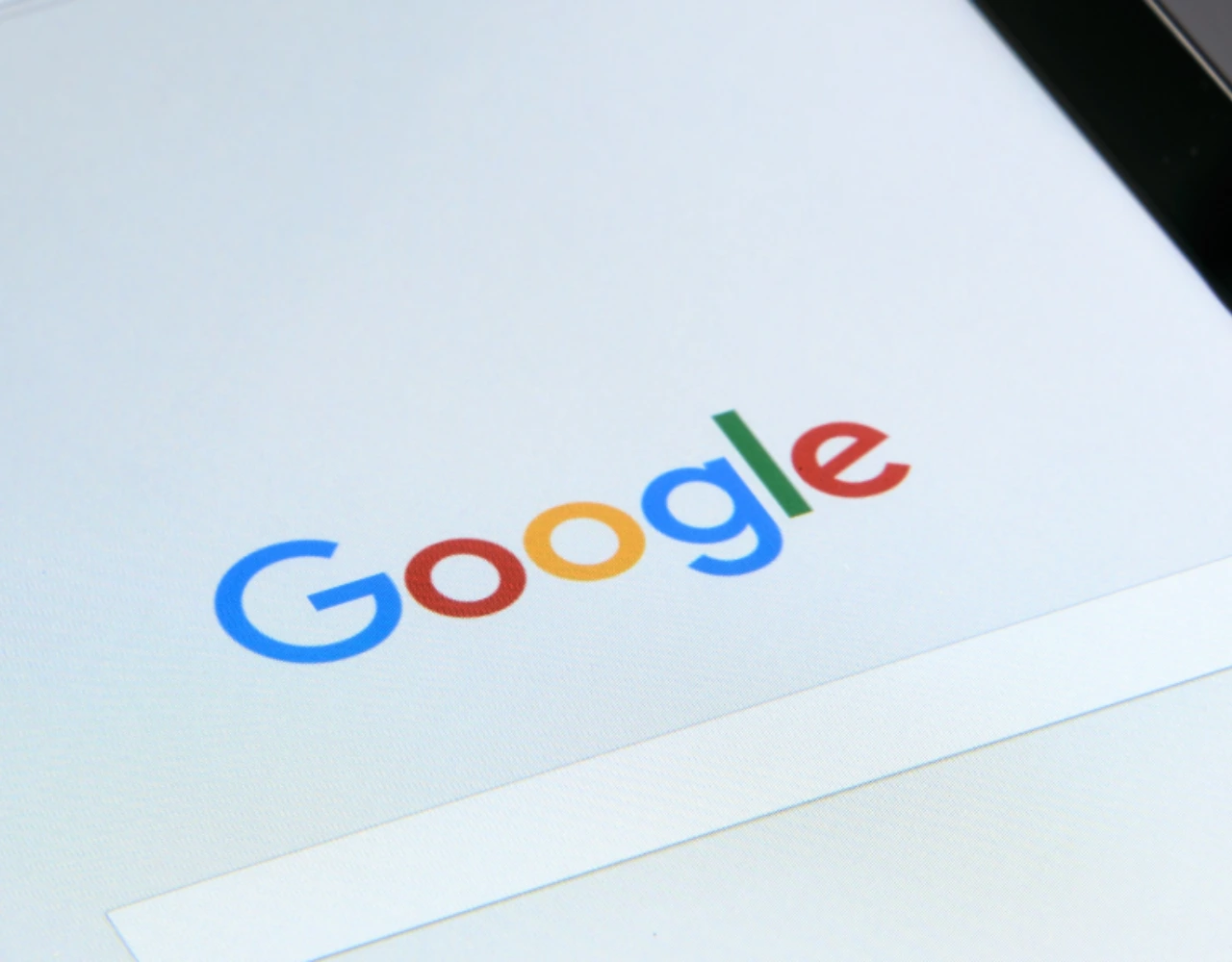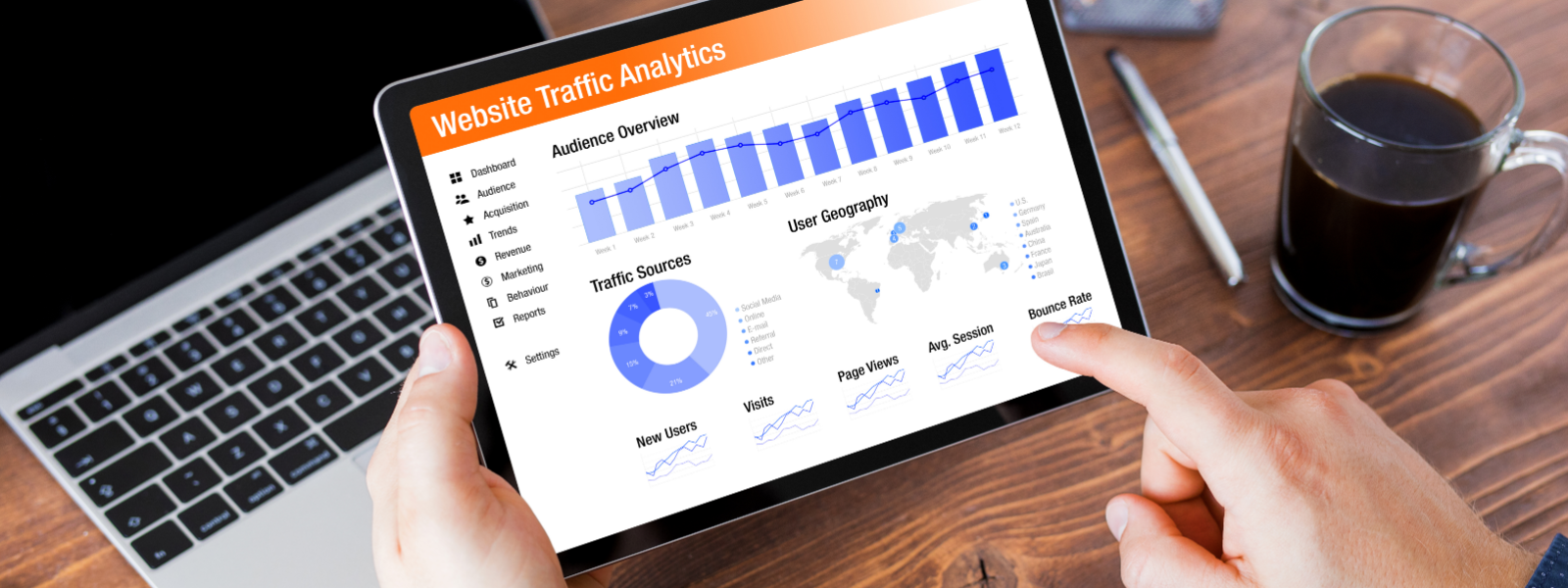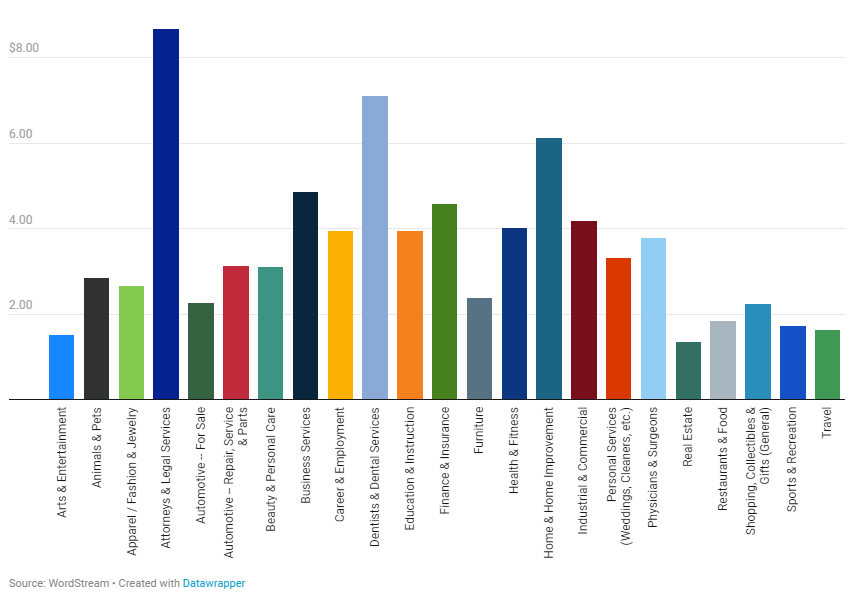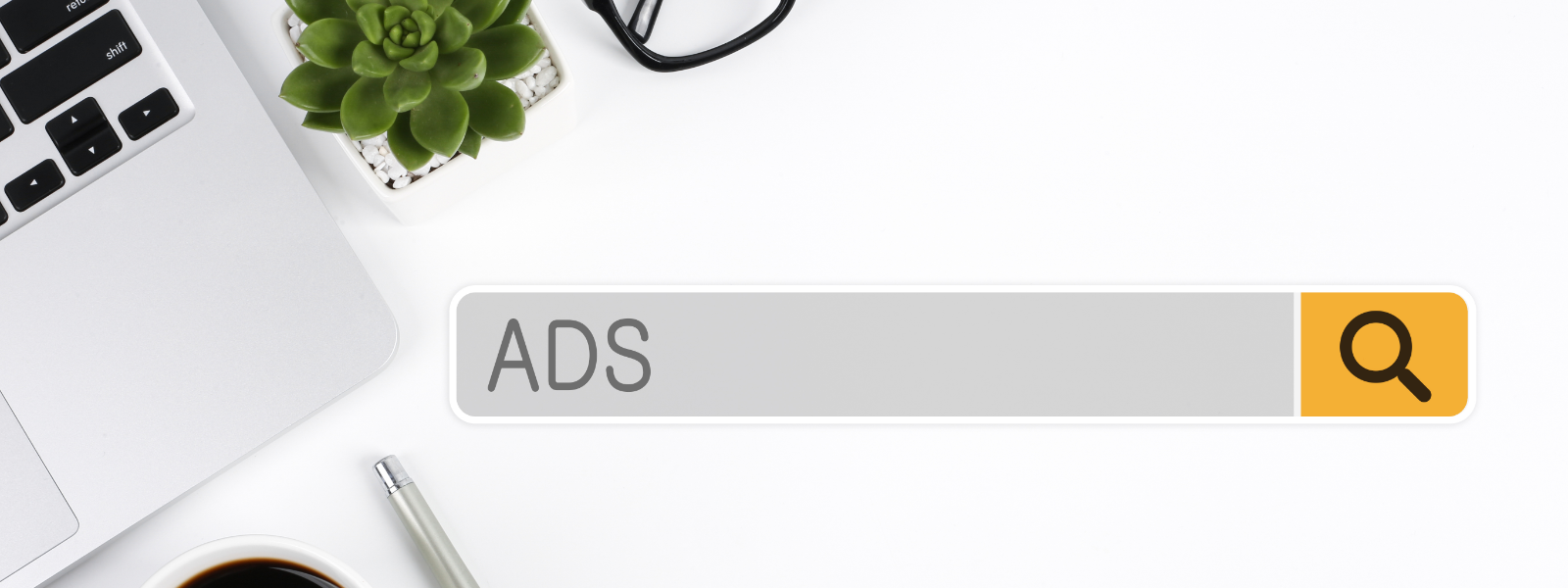
How Much Do Google Ads Cost?
What Is Google Ads?
Google Ads (previously known as Google Adwords) is an online advertising platform developed by Google that allows businesses to create ads that appear on Google’s search engine results pages (SERP) and other websites and apps in the Google Display Network.
With Google Ads, businesses can target their ads to specific audiences, demographics, and even times of day to reach potential customers who are searching for products or services similar to those they offer.
Google Ads pricing varies depending on multiple factors, including the competitiveness of the keywords you are targeting, the location and demographic of your target audience, and the budget and bid you set for your campaign.
In this article, we’ll focus on Google paid search campaigns and explore in more detail how much Google Ads cost and what are some ads cost considerations business owners and marketers should make in order to get the most value out of their advertising budgets on the largest paid search platform.
How Does Google Ads Work?
Google Ads is an online advertising platform that enables businesses to place search ads on the Google Search Network, reaching potential customers right when they’re searching for products or services related to your business.
How exactly does Google Ads determine which ads to show and where to place them? It all starts with an ad auction process, where Google evaluates a range of factors to determine which ads are most relevant and useful to the user performing the search.
One of the key factors in this process is the ad’s Quality Score, which is determined by the relevance and quality of the ad, its landing page, and expected click-through rate (CTR). The ad with the highest ad rank, which takes into account both the bid and the Quality Score, wins the Google Ads auction and gets the top placement on the search results page. In general, the higher the ad quality score, the lower the bid you need to achieve the same ad rank.
Pay-Per-Click (PPC) Advertising Model
Google Ads is part of pay-per-click (PPC) advertising, which means that advertisers only pay when someone clicks on their ad. Advertisers bid on specific keywords that they want their ads to appear for when someone searches for those keywords on Google. When a user enters a search query that matches the advertiser’s chosen keywords, Google’s algorithms determine which ads will be displayed and in what order, based on ad rank.
Advertisers can set a daily budget for their PPC campaign, which determines the maximum amount they are willing to spend each day. Depending on the bid strategy in use, advertisers can also set a maximum bid at ad group or keyword level, that will put a limit on the cost of each click on the ads.
The actual CPC will vary depending on the competition for the selected keywords during each Google Ads auction, with more popular keywords having a higher CPC. Google Ads also offers targeting options such as location, demographics, interests, and devices to help advertisers reach their desired audience.
Advertisers can track the performance of their ads and make adjustments to their campaigns based on the data to optimize their ads and achieve better results.
Do Google Ads Help With SEO?

A common question that arises when discussing Google Ads is whether or not it has a direct impact on a website’s Search Engine Optimization (SEO) efforts. While Google Ads and SEO are two distinct strategies, they can complement each other and work together to drive more traffic to your website.
It’s important to understand that Google Ads and SEO target different aspects of search engine results. Google Ads focuses on paid search results, while SEO aims to improve organic search rankings. Although running a Google Ads campaign does not directly improve your website’s organic search ranking, it can still contribute to your overall online visibility and potentially lead to indirect SEO benefits.
Increase Brand Exposure
One way Google Ads can indirectly benefit your SEO efforts is by increasing your website’s visibility and driving more clicks and traffic to your site. This increased traffic can lead to more backlinks, social shares, and engagement with your website, all of which can improve your website’s overall SEO performance.
Provide Valuable Data And Insights
Another indirect benefit of Google Ads on SEO is the click and conversion data it provides. By analyzing the performance of your ad campaigns, you can identify high-converting keywords and user behaviors that can be incorporated into your SEO strategy. This data can help inform your keyword targeting, on-page optimization, and content creation, ultimately enhancing your website’s organic search performance.
However, it’s important to note that simply running Google Ads won’t directly improve your website’s search engine rankings. SEO is a long-term strategy that involves a variety of factors, including website content, backlinks, and technical optimizations. Overall, while Google Ads won’t directly impact your SEO, it can complement your SEO efforts and help drive more traffic and conversions to your website.
How Much Do Google Ads Cost?
As a business owner or marketing manager, you may be wondering about the ads cost associated with Google Ads and how to budget for it effectively. The truth is, there is no one-size-fits-all answer to this question, as the Google Ads costs can vary widely based on several factors.
In this section, we’ll break down the primary elements that influence Google Ads costs and provide guidance on how to approach your advertising budget.
Factors that impact Google Ads pricing:
Bidding Strategy:
Google Ads operates on a pay-per-click (PPC) model, meaning that you only pay when someone clicks on your ad. The cost per click (CPC) is determined through a bidding process, where you compete against other advertisers targeting the same keywords. You can choose from various bidding strategies, such as manual cost-per-click (CPC), target cost-per-acquisition (CPA), or target return on ad spend (ROAS), depending on your advertising goals.
Keywords and Competition:
The cost of your PPC campaign is significantly impacted by the keywords you target and the level of competition for those keywords. High-demand keywords with strong competition can result in higher CPCs, while niche or long-tail keywords may have lower CPCs. It’s essential to conduct thorough keyword research and find the right balance between search volume and competition to optimize your ad spend.
Target Audience and Location:
The location and demographic of your target audience also play a role in determining the Google Ads cost. If you’re targeting densely populated areas or highly competitive industries, you may experience higher CPCs. However, by refining your audience targeting and focusing on specific locations, demographics, or interests, you can potentially lower your ad costs and reach a more engaged audience.
Quality Score:
As mentioned, Google Ads evaluates the relevance and quality of your ads through Quality Score. This score is based on factors such as ad relevance, landing page experience, and click-through rate (CTR). A higher Quality Score can lead to lower CPCs and better ad positioning, ultimately making your campaigns more cost-effective.
Budget and Campaign Settings:
Lastly, your overall ad spend is influenced by the budget you allocate for your campaigns and the settings you choose. You can set a daily budget for each campaign, which helps you control costs and ensures you don’t exceed your allocated ad spend. Additionally, you can optimize your campaign settings, such as ad scheduling and ad rotation, to maximize the performance of your ads within your budget constraints.
By understanding these elements and optimizing your campaigns accordingly, you can make the most of your advertising budget and achieve a higher return on investment.
Average cost-per-click for different types of businesses
According to WordStream, below are some statistics of average CPC for different types of businesses on Google Ads. Keep in mind that these are just general estimates and that the actual CPC can vary widely depending on the factors mentioned above.

It’s important to note that CPC is just one aspect of Google Ads cost, and the overall ads cost of PPC campaigns will depend on the ad spend, which is the total amount spent on advertising through Google Ads. It’s also essential to monitor the campaign’s performance regularly and make adjustments to ensure that you are getting the best return on your investment.
Google Ads Cost Considerations
When considering Google Ads costs, there are several factors to keep in mind to help you determine how much you should allocate to your monthly ad spend.
Your company’s budget & the potential ROI:
One important consideration is the potential return on investment (ROI) that your campaign could generate. If your products or services have a high profit margin or a high customer lifetime value, you may be willing to invest more in your Google Ad spend to acquire new customers. On the other hand, if your profit margins are lower, you may need to be more conservative with your Google Ad spend to ensure that you are getting a positive ROI.
Level of competition:
Another important consideration is your competition. If your industry is highly competitive, you may need to invest more in your ad spend to ensure that your ads are visible to your target audience. You can use the Google Ads Keyword Planner tool to research the estimated CPC and competition level for specific keywords to help you determine how much to allocate to your ad spend.
Keyword Research and Selection:
The foundation of any successful Google Ads campaign lies in thorough keyword research. Selecting the right keywords, including a mix of short-tail and long-tail terms, can impact your campaign’s cost and effectiveness. Balance search volume, competition, and relevance to maximize the potential return on investment (ROI).
Seasonal Trends and Market Fluctuations:
Understanding seasonal trends and market fluctuations in your industry can help you better anticipate changes in advertising costs. Be prepared to adjust your campaign strategy and budget accordingly to maintain a competitive edge and maximize the effectiveness of your advertising efforts.
In summary, thoughtful consideration of various factors affecting Google Ads costs can help you develop a more effective and cost-efficient campaign strategy. By aligning your advertising goals with your budget, conducting thorough keyword research, optimizing your campaign structure, and monitoring performance, you can achieve better results and maximize your return on investment.
How To Manage Google Ads?
Effectively managing your Google Ads campaigns is crucial for controlling costs and maximizing your return on investment (ROI). In this section, we’ll discuss various strategies and best practices to help you manage your Google Ads campaigns and keep costs in check.
Set a realistic budget:
Before launching a campaign, establish a daily or monthly budget that aligns with your advertising goals and available resources. By setting a realistic budget, you can better control your ad spend and ensure that you don’t exceed your financial limits.
Choose the right bidding strategy:
Google Ads offers several bidding strategies, such as manual CPC, target CPA, and target ROAS. Each strategy has its advantages and can impact your campaign’s cost and performance. Experiment with different strategies to determine the best fit for your objectives and budget.
Perform comprehensive keyword research:
Investing time in thorough keyword research can help you identify high-performing, cost-effective keywords for your campaign. Focus on finding the right balance between search volume, competition, and relevance to optimize your ad spend.
Utilize negative keywords:
Negative keywords prevent your ads from showing for irrelevant searches, helping you reduce wasted ad spend and improve overall campaign performance. Regularly review your search query reports and add negative keywords to your campaigns to refine your targeting.
Monitor and adjust bids:
Keep a close eye on your campaigns and adjust bids based on performance data. Consider lowering bids for keywords with low conversion rates or high costs, and increasing bids for high-performing keywords to maximize your ROI.
Optimize ad copy and landing pages:
Continuously test and optimize your ad copy and landing pages to improve your Quality Score, which can lead to lower CPCs and better ad placements. A higher Quality Score can result in more cost-effective campaigns and higher overall performance.
Use ad scheduling and bid adjustments:
Ad scheduling allows you to display your ads only during specific hours or days, while bid adjustments enable you to increase or decrease bids based on factors like device, location, and time of day. Utilize these features to optimize your campaign performance and control costs more effectively.
Implement audience targeting:
Refine your audience targeting by incorporating factors such as demographics, interests, and behaviors. This can help you reach a more engaged audience and potentially reduce your overall ad spend.
Track and measure performance:
Set up conversion tracking to measure the effectiveness of your campaigns and identify areas for improvement. Analyze your performance data regularly to make informed decisions about budget allocation, targeting, and bid adjustments.
Embrace ongoing optimization:
Continuously monitor and optimize your Google Ads campaigns to ensure they remain cost-effective and aligned with your advertising goals. Regularly review and update your keyword lists, ad copy, landing pages, and targeting settings to maintain peak performance and control costs.
By implementing these strategies and best practices, you can effectively manage your Google Ads campaigns, control costs, and maximize your return on investment. Remember that ongoing optimization and monitoring are crucial for maintaining cost-effective campaigns and adapting to changes in your industry or target market.
How Much Should I Spend On Google Ads?
Determining how much to spend on Google Ads can be a challenge for businesses. The amount businesses should budget for Google Ads depends on a number of factors, including their industry, competition, and marketing objectives.
A general rule of thumb is to start with a smaller budget and gradually increase it as the campaign proves successful.
To determine a reasonable Google Ads budget, businesses should consider their advertising goals, such as the number of leads or sales they want to generate, and calculate the cost per acquisition (CPA) they are willing to pay. Additionally, businesses should monitor their return on investment (ROI) and adjust their budget as needed to achieve their desired ROI.
According to a report by WordStream, the average small business spends between $9,000 and $10,000 per month on Google Ads. However, this number can vary widely depending on the business’s specific needs and goals. For example, a business in a highly competitive industry may need to spend more to stay competitive, while a business in a less competitive industry may be able to achieve their goals with a smaller budget.
Ultimately, the amount businesses should spend on Google Ads depends on their unique circumstances and goals. It is important to work with a trusted agency or consultant who can help create a customized strategy and budget that will deliver the best possible results for the business.
Examples of Campaign Budgets
Here are some additional examples of Google Ads campaign budgets based on different types of businesses:
A small online retailer selling niche products might start with a budget of $500-$1,000 per month, with the option to gradually increase the budget as needed.
A professional services company, such as a law firm or accounting firm, might start with a budget of $2,000-$5,000 per month, with the option to gradually increase the budget based on performance.
An e-commerce business selling products in a highly competitive industry, such as electronics or fashion, might require a higher budget of $50,000 or more per month to stay competitive.
A local service-based business, such as a plumber or landscaper, might start with a budget of $1,000-$2,000 per month, with the option to gradually increase the budget based on results.
It’s important to note that these are just examples, and every business’s budget will vary depending on their specific circumstances and goals. It’s recommended to work with a qualified agency or consultant who can help create a customized strategy and budget that will deliver the best possible results for the business.
How Much Should I Budget For Google Ads?
Determining how much to budget for Google Ads can be a challenging question for businesses, as there is no one-size-fits-all answer. However, a good rule of thumb is to allocate a budget that is appropriate for your specific business goals and industry.
For example, if you are operating in a highly competitive industry, such as legal services or finance, you may need to allocate a larger budget to ensure that your ads are visible to your target audience. On the other hand, if you are operating in a less competitive industry, such as a local home services business, you may be able to achieve good results with a smaller budget.
One way to estimate a budget for your Google Ads campaign is to use the Google Keyword Planner tool to estimate the average CPC for your target keywords. You can then multiply this CPC by the number of clicks you expect to receive each day to determine an approximate daily budget. For example, if the estimated CPC for your keywords is $2 and you expect to receive 50 clicks per day, you may need to budget around $100 per day to achieve your desired results.
It’s also important to consider the overall ad spend required to achieve your business goals, such as generating a certain number of leads or sales. For example, if your business has a high customer lifetime value or a high profit margin, you may be willing to invest more in your ad spend to acquire new customers. In contrast, if your profit margins are lower, you may need to be more conservative with your ad spend.
Ultimately, the budget for your Google Ads campaign will depend on a range of factors specific to your business, including your goals, industry, competition, and available resources. By carefully estimating your Google Ads costs and regularly monitoring and adjusting your campaign’s performance, you can optimize your ad spend and achieve the best possible results for your business.
How To Get Started With Google Ads?

Getting started with Google Ads is a relatively simple process. First, businesses need to create a Google Ads account and set up a payment method. Then, they need to create a campaign, which involves selecting their target audience, setting a budget, and choosing the keywords and ad format they want to use. Once the campaign is set up, businesses can launch their ads and start driving traffic to their website.
However, it is important to note that creating a successful Google Ads campaign involves more than just setting it up and launching it. It requires ongoing monitoring and optimization to ensure that the campaign is delivering the desired results. This includes monitoring key metrics such as click-through rate, conversion rate, and average CPC, and adjusting targeting and bidding strategies as needed to improve performance.
For businesses that are new to the Google Ads platform or who don’t have the time or resources to manage their campaigns effectively, working with a trusted agency can be a smart choice.
A qualified agency can help businesses create effective campaigns that are tailored to their unique needs and objectives, monitor performance, and make adjustments to improve results. By working with an agency, businesses can maximize the return on their investment in Google Ads and achieve their digital marketing goals more efficiently.
Is It Worth Using An Agency For Google Ads?
Using an agency for your Google Ads campaign can provide many benefits for businesses. Agencies can offer specialized expertise, resources, and tools to help improve campaign performance and ROI. They also have experience creating and managing successful campaigns across different industries, which can lead to customized strategies that can deliver the best possible results for clients.
Agencies can help businesses save time and resources by handling the day-to-day management of their campaigns. They can monitor performance, adjust targeting and bidding strategies, and test and refine ad copy and imagery. This means businesses can focus on their core operations and leave the management of their Google Ads campaigns to the agency.
Overall, working with an agency can be a highly effective way to achieve business goals and maximize ROI. It is important to research and choose an agency that has experience in your industry, and that can offer tailored solutions to your specific needs.
By partnering with an agency that understands your business, you can gain access to expert knowledge and resources that can help you achieve success with Google Ads.
Get Help With Your Google Ads

If you’re feeling overwhelmed by the world of Google Ads, or simply want to ensure that your campaigns are performing to the best of their ability, don’t hesitate to reach out for professional help.
A skilled PPC agency like ours can help you navigate the intricacies of Google Ads, from keyword research and bidding strategy to ad creation and optimization.
By leveraging our expertise and experience in digital marketing, you can ensure that you’re getting the most out of your ad budget and achieving your marketing goals. So why not take the first step towards more effective Google Ads campaigns today?
Contact us to learn more about how we can help you optimize your ads and drive real results for your business.
